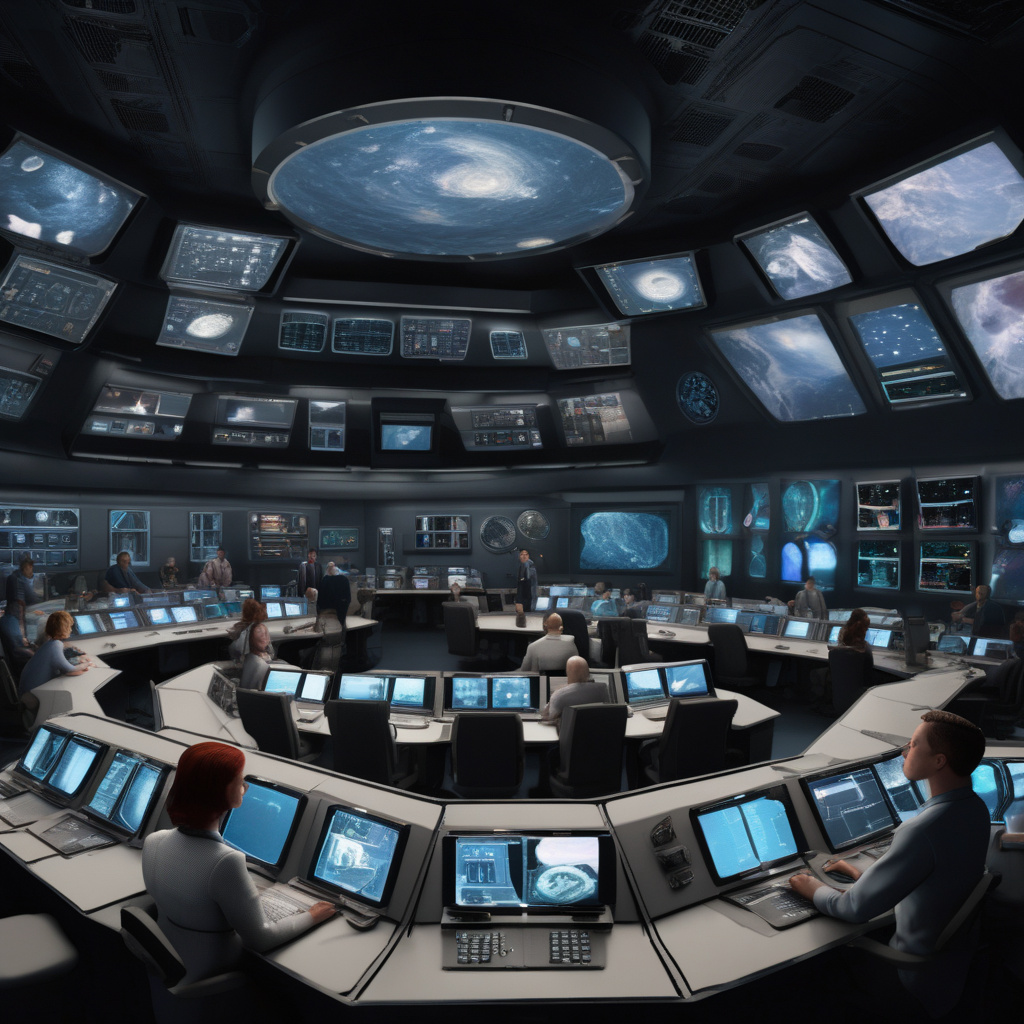NASA’s Warning: Generative AI Raises Red Flags
In the realm of Artificial Intelligence (AI), generative AI (genAI) has been heralded as a game-changer, promising unparalleled efficiency and adaptability. However, recent findings from NASA have cast a shadow of doubt on the reliability of genAI, especially in critical applications.
NASA’s report highlights the alarming frequency of errors stemming from genAI systems. These errors typically fall into four categories: hallucinations, flawed training data, disregarded instructions, and overlooked boundaries. Imagine the repercussions if a human employee displayed such behavior in a professional setting; it would be deemed unacceptable and grounds for immediate action.
The crux of the issue lies in the inherent unreliability of genAI when it comes to critical research tasks. NASA underscores the necessity of rigorous safety analysis and engineering in adopting technology for vital operations. The report poignantly asserts that genAI, while adept at generating content, lacks the capacity for genuine reasoning—a fundamental requirement for tasks demanding precision and accuracy.
Moreover, the report raises thought-provoking questions about the practical utility of genAI models. It questions whether empirical research or real-world experimentation is a more viable approach to validate genAI’s applicability. The inherent risks associated with unproven technologies call for a cautious and calculated approach, especially in high-stakes scenarios.
Gartner analyst Lauren Kornutick emphasizes the pivotal role of CIOs in steering technology decisions. As the “voice of reason,” CIOs must ensure alignment between business expectations and technological realities. Engaging in candid discussions about risk assessment, ROI evaluation, and strategic alignment is imperative for informed decision-making.
Forrester’s senior analyst, Rowan Curran, advocates for a proactive approach to genAI implementation. He stresses the importance of early involvement in defining use cases and establishing robust governance frameworks. By treating genAI outputs as a starting point rather than definitive solutions, organizations can mitigate risks associated with overreliance on AI-generated content.
In essence, NASA’s findings serve as a wake-up call for enterprises entrusting genAI with mission-critical tasks. As technology continues to evolve, it is crucial to balance innovation with prudence, ensuring that AI augments human capabilities rather than replacing critical thinking. By heeding NASA’s cautionary tale, organizations can navigate the complex landscape of AI adoption with vigilance and foresight.

